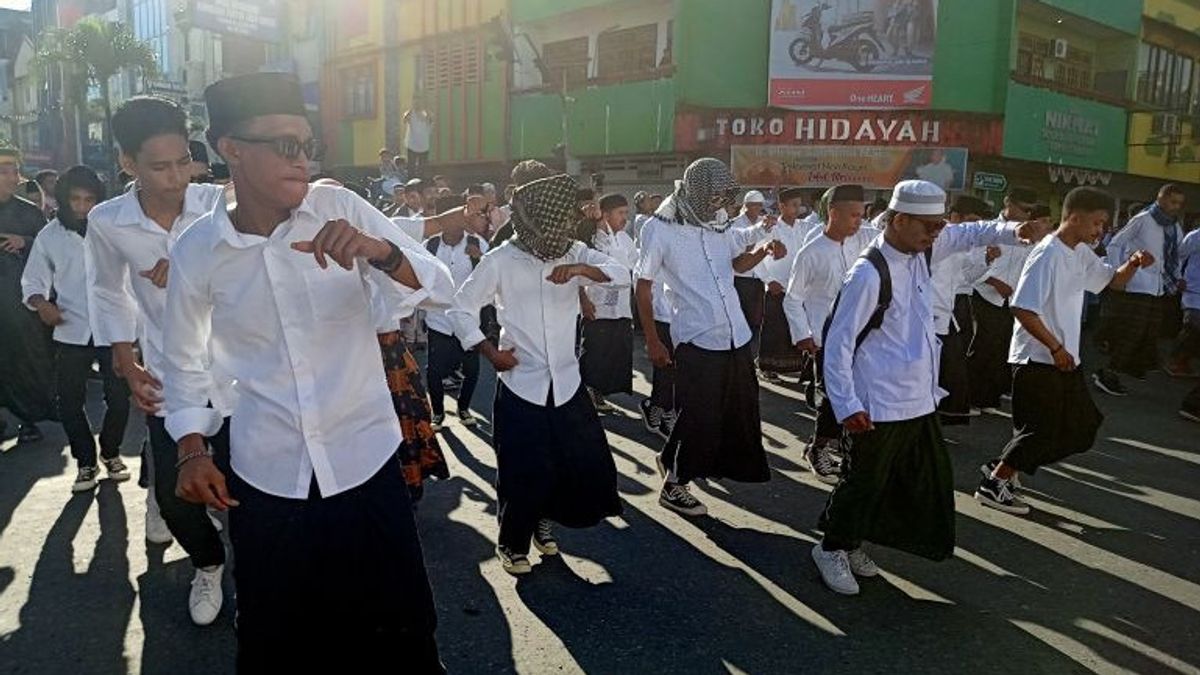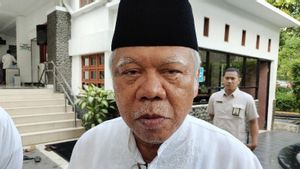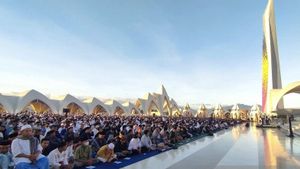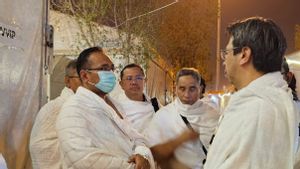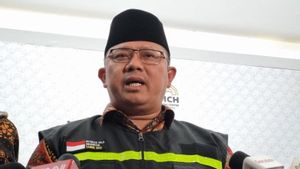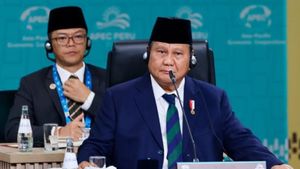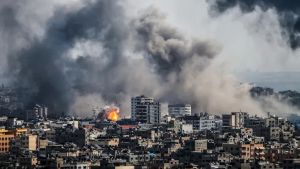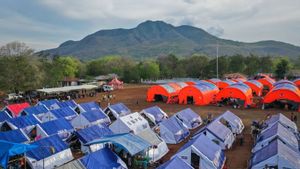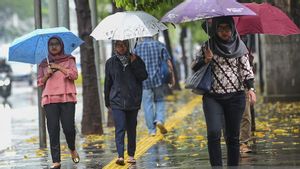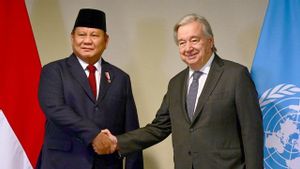JAKARTA - Community from the Kei Islands, Southeast Maluku, Wandan Kultur, served Samra Dance to entertain residents after the Eid al-Adha 1444 Hijri prayer at the Al Fatah Grand Mosque in Ambon City.
"We are from the Wander Kultur Community, which is currently in the process of raising funds for the construction of a mosque in Kei," said the field coordinator of the activity, Muhammad Taher Salamun, quoted from Antara, Thursday, June 29.
In the context of raising these funds, Wandan Kultur displays modern Samra Dance combined with classical Samra.
"So initially, Samra was from Arabia, but because it was ingrained in our generation, we used it to hone the creativity of young people by raising funds," he said.
When presenting the Samra Dance, his party involved 200 Kei youths, Southeast Maluku.
At least six mosques were targeted by fundraising, namely the Al Umrawi Mosque, Nurul Amethora Mosque, An-Najm Mosque, Al Jihad Mosque, Al Ansar Mosque, and Ar Rahman Mosque in Banda Ely and Elat Islands Kei.
The youths wore white koko shirts or shirts complete with gloves and shoes when presenting Samra Dance.
They dance to the rhythm of the song that is thick with the drumming of the Tambourine and typical Middle East music.
The intersection of Jalan Sultan Babullah, Jalan AY Patty, and Jalan Sam Ratulangi, Ambon City were immediately crowded with worshipers after the Eid prayer to watch the dance.
SEE ALSO:
They flocked to capture the moment with their respective cell phones.
"This is also a step to campaign for the creativity of Kei youth for the entire people of Ambon City," he said.
The Samra Dance, one of the typical Betawi arts consisting of tons, orchestra, and dance.
Ethinologically, Samra comes from Arabic, namely "samarokh" which means a relaxed association or party. The word "samarokh" by the Betawi people is said to be "samra" or "sambrah".
Samrah music is spread only in the Betawi cultural areas of Central Jakarta, including in Kemayoran, Sawah Besar, Tanah Abang, Cikini, Paseban, Tanah Tinggi, and Petojo.
Samrah performed a chant in the form of a rhyme with the theme of songs about love and religion. The main songs are the song Malay.
The English, Chinese, Japanese, Arabic, and French versions are automatically generated by the AI. So there may still be inaccuracies in translating, please always see Indonesian as our main language. (system supported by DigitalSiber.id)
